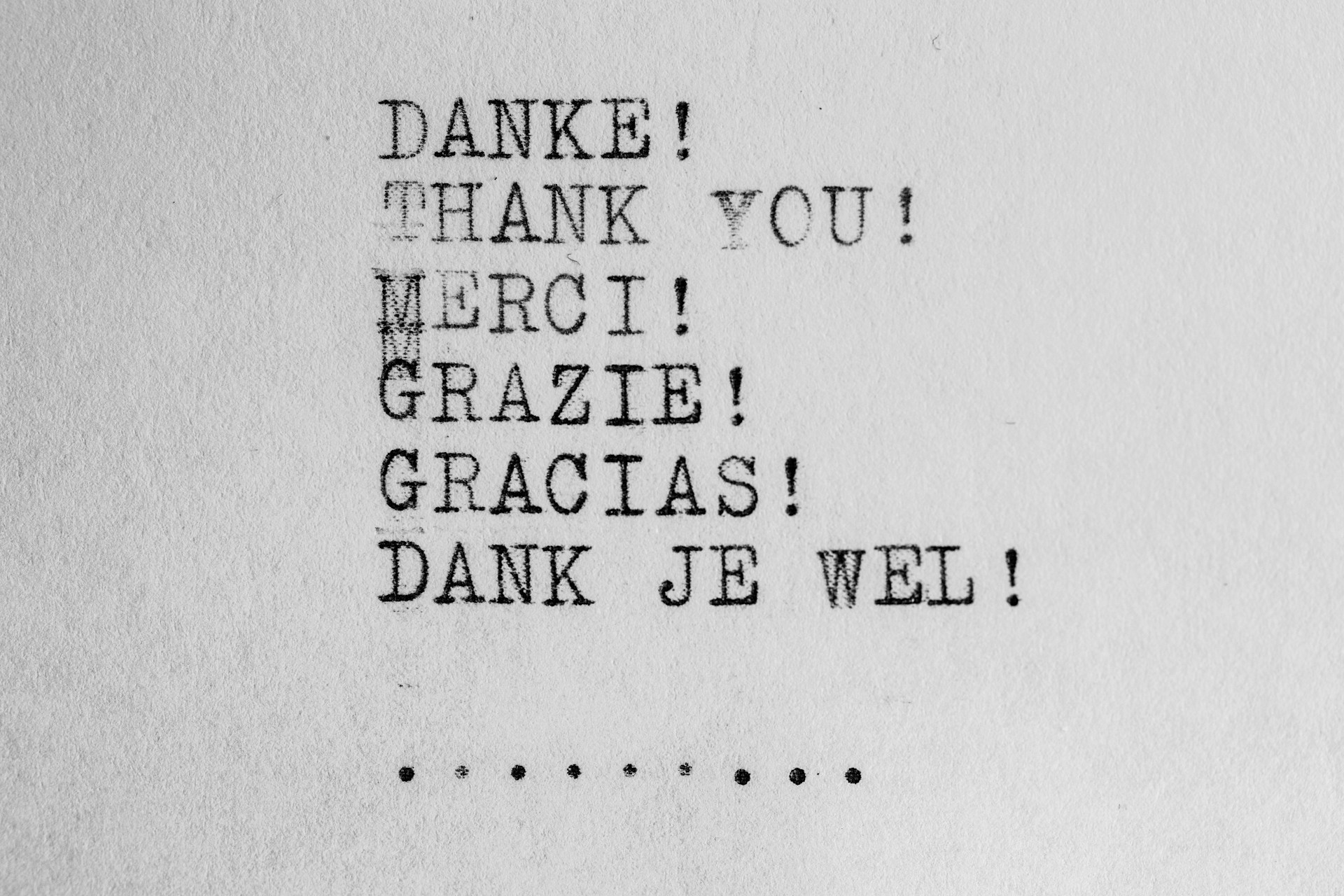
Baader Meinhof and the Red Army Faction
We talk about events in West Germany in the late 1960s and through the 1970s. Political struggle and terrorism that left a deep scar in German society.
POLITICAL STRUGGLE
Clickncollecte
1/25/20243 min lire



Why political struggles and paramilitary pursuits find resonance with some of us.
After the devastation of World War 2, there was an attempt to rebuild Europe and indeed the world into a new form of social order. However, the youths of the new generations, particularly German and Italian, learned with horror of the sins of their fascist fathers (and mothers).
The youths of the sixties and seventies, learned that many who had supported the fascist regimes, still held power in the new states created such as West Germany. It seemed that nothing had been learned from the social injustices of the past and the lack of representation for the masses.
Its against this backdrop that factions of political or paramilitary groups arose. Feeling that the only way to implement change, was to forcefully impose it in a series of demonstrations, attacks, kidnapping, bombing campaigns. In West Germany for example, two like minded revolutionaries came together to create 'Red Army Faction'. Many would refer to this group by their founders names: Baader Meinhof. Andreas Baader (who was a committed communist) and Ulrike Meinhof (left leaning journalist) became synonymous with terror throughout continental Europe.
Amongst other left wing groups, their fearlessness and revolutionary tactics brought them to the attention of disenchanted youths throughout the world. Particularly noted for their extremity with letter bombing, assassinations and kidnapping, Baader Meinhof became the most hunted terrorist group in West Germany. Arson at a department store, in objection to the war in Vietnam and stealing sports cars, to feed Baaders obsession with driving at high speed (though he never actually achieved a drivers license) lead to Andreas Baaders arrest, with other gang members.
At this point Ulrike Meinhof conspired with Andreas Baader to attempt an escape from prison. They convinced the West German authorities to allow an interview to take place between journalist Meinhof and prisoner Baader. This lead to an audacious break out occuring at a library in Berlin, where accomplices overcame, by force, the guards assigned to Baader. Now, on the run and leaving behind her career and family, Ulrike Meinhof became a most unique political terrorist.
Travelling around Europe on false passports and identity cards, to avoid arrest, Baader Meinhof group robbed with impunity to maintain their criminal lifestyle. Political struggle costs money and they viewed banks and other institutions as legitimate targets. Notoriety grew along with their legend.
Also being supported by revolutionaries in the middle east, the Red Army Faction gained military knowledge and funding from, no doubt, the USSR in an act of cold war skullduggery. Businessman Hanns Martin Schleyer was kidnapped in a attempt to free the group who had been arrested. Banker Jurgen Ponto was murdered. All to no avail.
French philosopher Jean Paul Sartre even visited Andreas Baader during his imprisonment in Stammheim. Although Sartre disliked Baader after meeting him, the Frenchman sympathised with the struggle, though not with the method.
A Lufthansa flight was hijacked by the Popular front for Palestinian group. This was done to demand the release of their brothers and sisters in struggle of the Baader Meinhof group. The plane was stormed by German special forces and ultimately failed in its goals with 3 of the terrorists killed on board Flight 181. The government of West Germany successfully rounded up most of the original members and they were all jailed or killed. Although younger members joined to maintain the struggle, the group diminished in power with several suicides or deaths of the main players. This traumatic time in German and European history effectively came to an end with the deaths of Ulrike Meinhof in May 1976 and Andreas Baader in October 1977.
If this subject interests you, there are numerous articles written on the group. There is also an German language excellent film (with English subtitles) called the 'Baader Meinhof complex' available to buy or stream. We do not condone the activities of this group or any others with advocate violence. We do, however, acknowledge their impression on post war Germany and the history of political struggle.
This is why we created our Baader Meinhof T-shirt. It reflects a period of 20th century where turmoil seemed to be the norm. From the IRA in Northern Ireland to the Basque separatists ETA to Italies Brigate Rosso. To help us navigate the future, we need to understand the past and learn from it.

